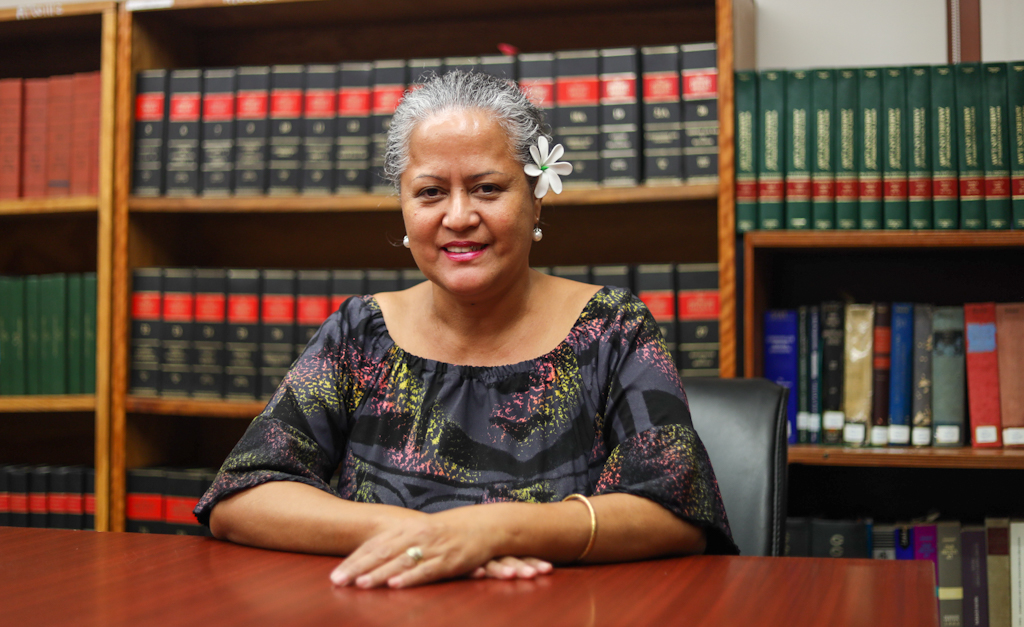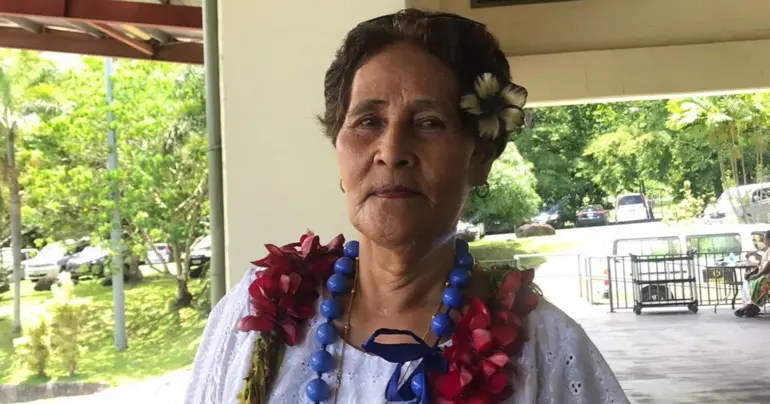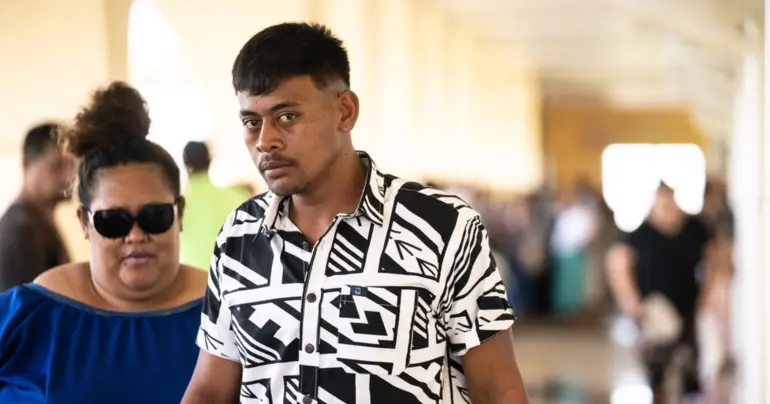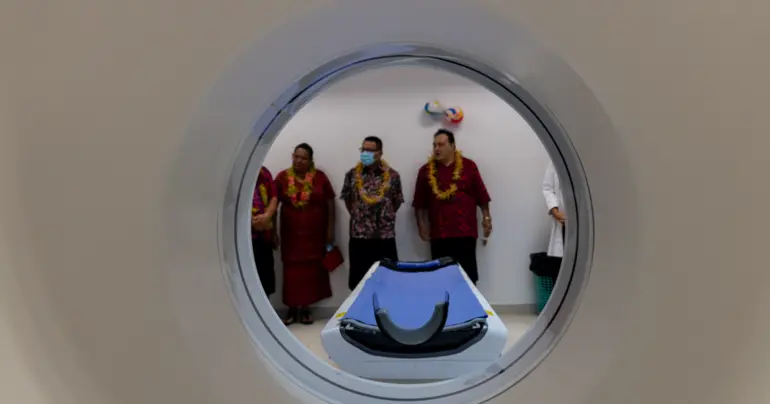A.G. denies matai title removal charge
 By Alexander Rheeney
•
28 February 2021, 11:00PM
By Alexander Rheeney
•
28 February 2021, 11:00PM
The Attorney General’s Office has denied accusations that new laws give the Government the power to strip a person of his or her matai title.
The Office released a statement on Sunday afternoon in response to concerns last week by the Urban West M.P. Faumuina Wayne Fong.
Faumuina told the EFKS TV2 Soalepule weekly programme the Government has no business meddling with family treasures (measina) and he attacked new laws which he claimed would strip a matai title from anyone who went to jail.
He said the new laws are signs of the Government attacking Samoan culture.
The article in the Samoa Observer was based on Faumuina’s comments during the televised show.
The Attorney General’s Office said in its statement that the contention put forward by the M.P. is incorrect. Here is the statement published verbatim:
This Press Release is in response to the article in the Samoa Observer Newspaper Article by Soli Wilson titled “FAMILY MATTERS NO BUSINESS OF GOVT’S: FAUMUINA WAYNE” in its Sunday 21 February 2021 edition.
The said article is erroneous in a number of aspects which I will address in this Press Release.
The contention that “the Government are the only ones to approve a matai title then it is up to them what to do to that matai” is incorrect. The provisions for removal of the Matai title under the Land and Titles Act 1981 (repealed Act) and the Land and Titles Act 2020 (New Act) are not much different.
Under the repealed Act, section 20B provides that a Sa’o or Suli may petition the Court to remove a matai title on 3 grounds:
1. Bringing disrepute to the family, village or community;
2. Failure to properly perform the duties of the matai; or
3. Being convicted of a serious crime that is punishable by life imprisonment.
Under the New Act a Sa’o or suli may still petition the Court to remove a matai title, and it is also on 3 grounds (set out below). However the difference is under the New Act, a petition by a Sa’o must be supported by a consensus of the family – under the Repealed Act there was no such requirement which means a Sa’o would have been able to make a petition on his own. This new requirement is to safeguard and provide protection to matai title holders.
The three grounds for removal of a matai title under the New Act as per section 14 are:
1. Bringing disrepute to the family, village or community;
2. Failure to properly perform the duties of the matai; or
3. Being convicted and serving an imprisonment sentence.
It must also be noted that section 12(2) of the New Act provides, that although a person who is convicted and served an imprisonment sentence is not eligible to be bestowed a matai title, section 12(2) states that a person can be given a matai title if “that person’s aiga by majority support the bestowment of that person’s Matai Title.”
What is clear is that a petition for removal of a matai title, is not only by the family themselves, (Sa’o and suli) but must also be made on the consensus of the suli. Furthermore, even if a person has served an imprisonment term, if the family wishes to bestow that person with a matai title, they can. This is provided for under the New Act.
The Government DOES NOT play any role in the bestowment or removal of a matai title.
If a matai title is removed it would be because the Sa’o with the consensus of the suli or a suli with the consensus of the family or the suli petitioned the Court to do so.
The decision for both bestowal and removal of a matai therefore remains with the family as it should be.
 By Alexander Rheeney
•
28 February 2021, 11:00PM
By Alexander Rheeney
•
28 February 2021, 11:00PM











